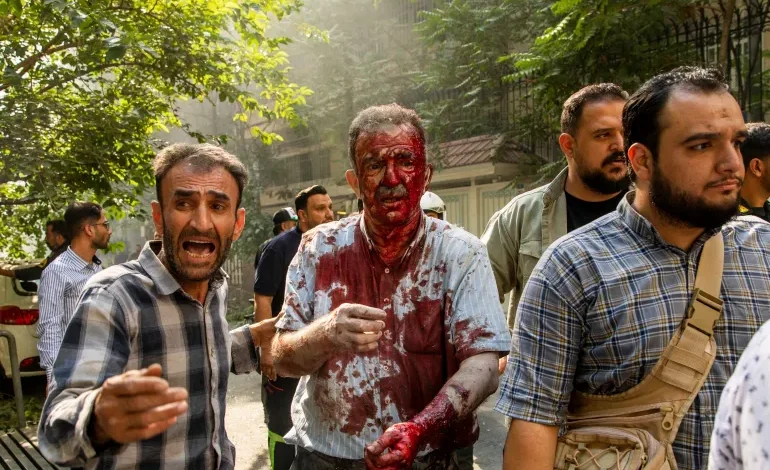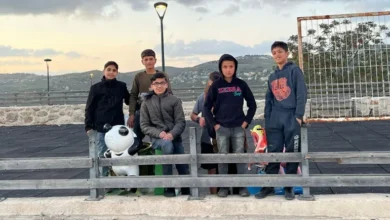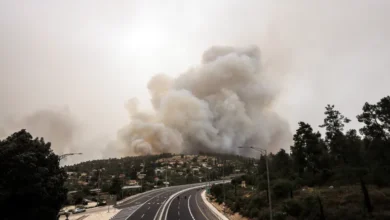Tehran is in shock – and we have fled with heavy hearts

The prospect of war seemed to creep nearer to reality with each passing day, but perhaps few of the millions who have been forced to abandon their homes across Iran in the past week – including myself – could have known this new reality would impose itself so harshly or abruptly.
The first explosions jolted people awake in Tehran shortly after 3am on June 13, when a large number of Israeli fighter jets and drones attacked dozens of areas across the country, and explosives-laden quadcopters and anti-fortification Spike guided missiles were launched by Israeli agents from inside Iran.Entire residential buildings were levelled in the capital, military sites and air defence batteries were targeted, and above-ground facilities supporting nuclear enrichment halls buried deep inside mountains in Isfahan province’s Natanz were bombed. Dozens of civilians were killed, as were a large number of top military commanders and nuclear scientists.Tehran was in shock the first morning after the attacks, as people struggled to process the terrifying news and evaluate their options while the authorities scrambled to mount a concerted response to the surprise hits.
As the attacks came on a Friday morning – the last day of the weekend in Iran – most city streets were eerily quiet in the immediate aftermath, except for those where Israeli bombs had made an impact.
Soon, however, hours-long queues had formed at almost every single fuel station across the sprawling capital, which has a population of nearly 10 million people and holds more than 15 million during busy workdays, as millions also commute from neighbouring cities like Karaj.Later that night, Iran’s armed forces began launching hundreds of missiles and drones at Israel in retaliation. Nearly one week on, at least 16 rounds of Iranian strikes have been launched, with no immediate end in sight as Tehran says it will continue to hit back so long as Israel is attacking. Meanwhile, United States President Donald Trump teases triggering an all-out regional war by directly entering the war alongside Israel, which he and Washington’s Western allies already support with cutting-edge munitions, a massive fleet of refuelling planes and intelligence efforts.
For the next few days, the Israeli attacks were ringing out across Tehran and the country during the daytime, terrorising civilians who saw the smoke and heard the explosions get closer to their homes or places of work. Both at home and at Al Jazeera’s Tehran bureau, I heard many explosive impacts, with some of the closer ones only about 2km (1.2 miles) away.
Most of Tehran was shut down after the Israeli attacks ramped up, and the streets and petrol stations were more crowded than ever after Israel and Trump told people to evacuate immediately. The government said metro stations and mosques were opened as 24-hour shelters since it has built no dedicated shelters or come up with any clear security protocols, despite the ever-present threat of war.
After hurriedly packing some clothes and a few belongings in a suitcase, I drove from my own place to my girlfriend’s house to pick her up at about 4pm. Her parents, who work in healthcare, needed to stay in Tehran that day but they have since left as well, after Israeli air strikes intensified in their neighbourhood.
We then picked up my mother – along with our four cats who have been staying with her – from her home in western Tehran, close to a major road which exits the capital.
Israeli bombs were falling on multiple areas across western Tehran as we scurried to grab the cats and put them in their boxes.


